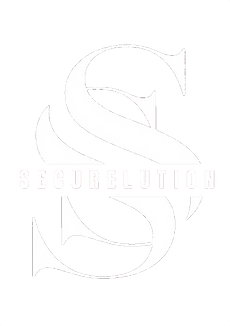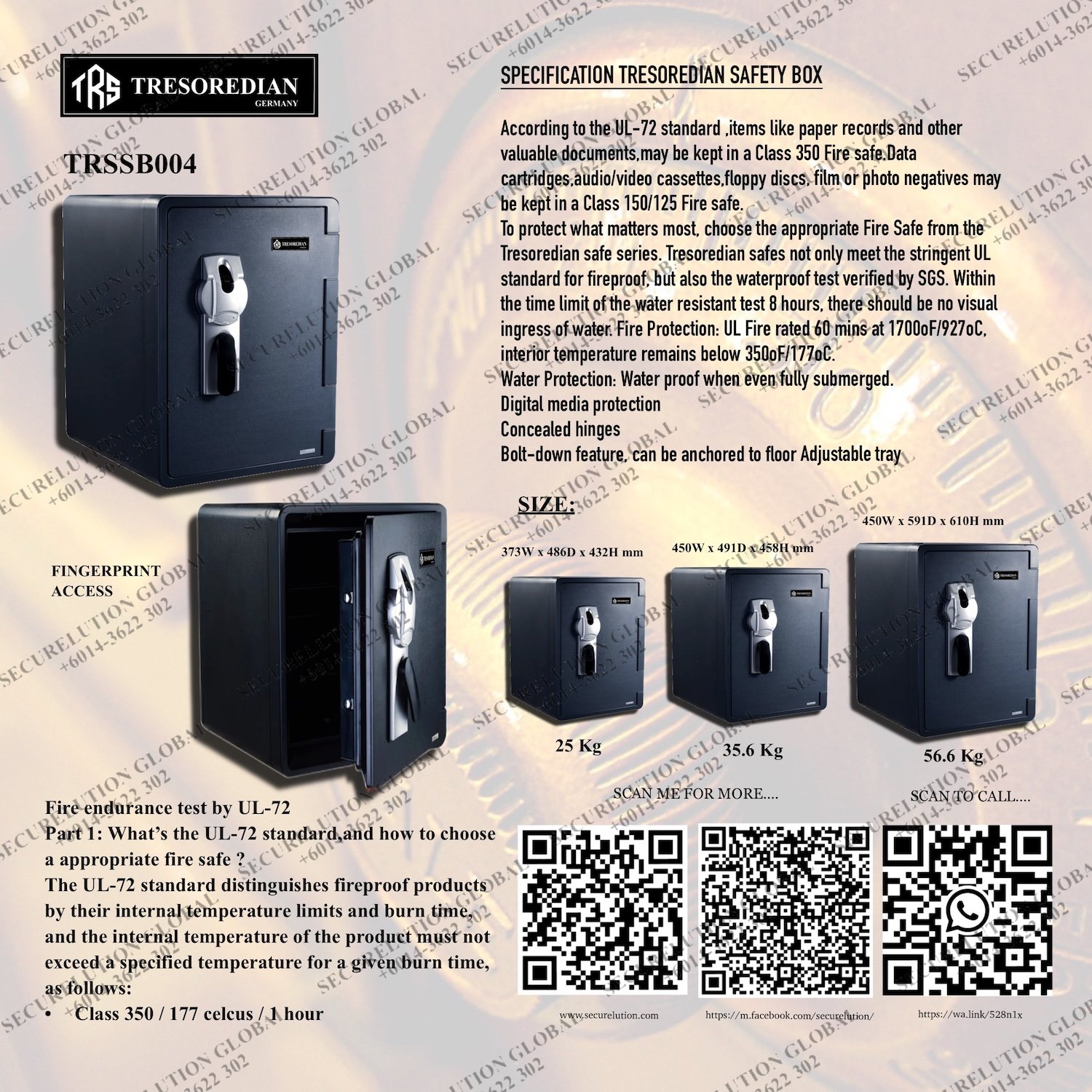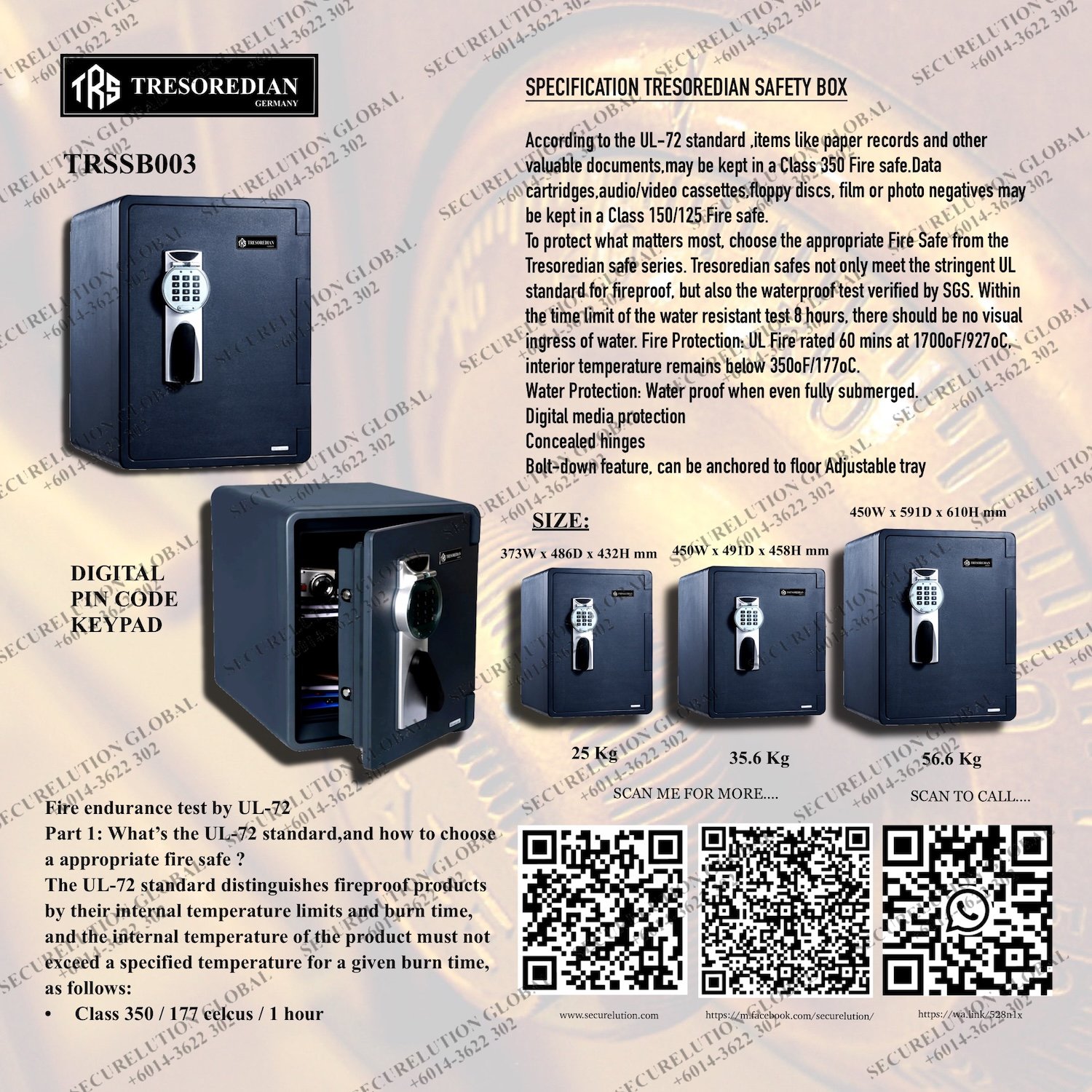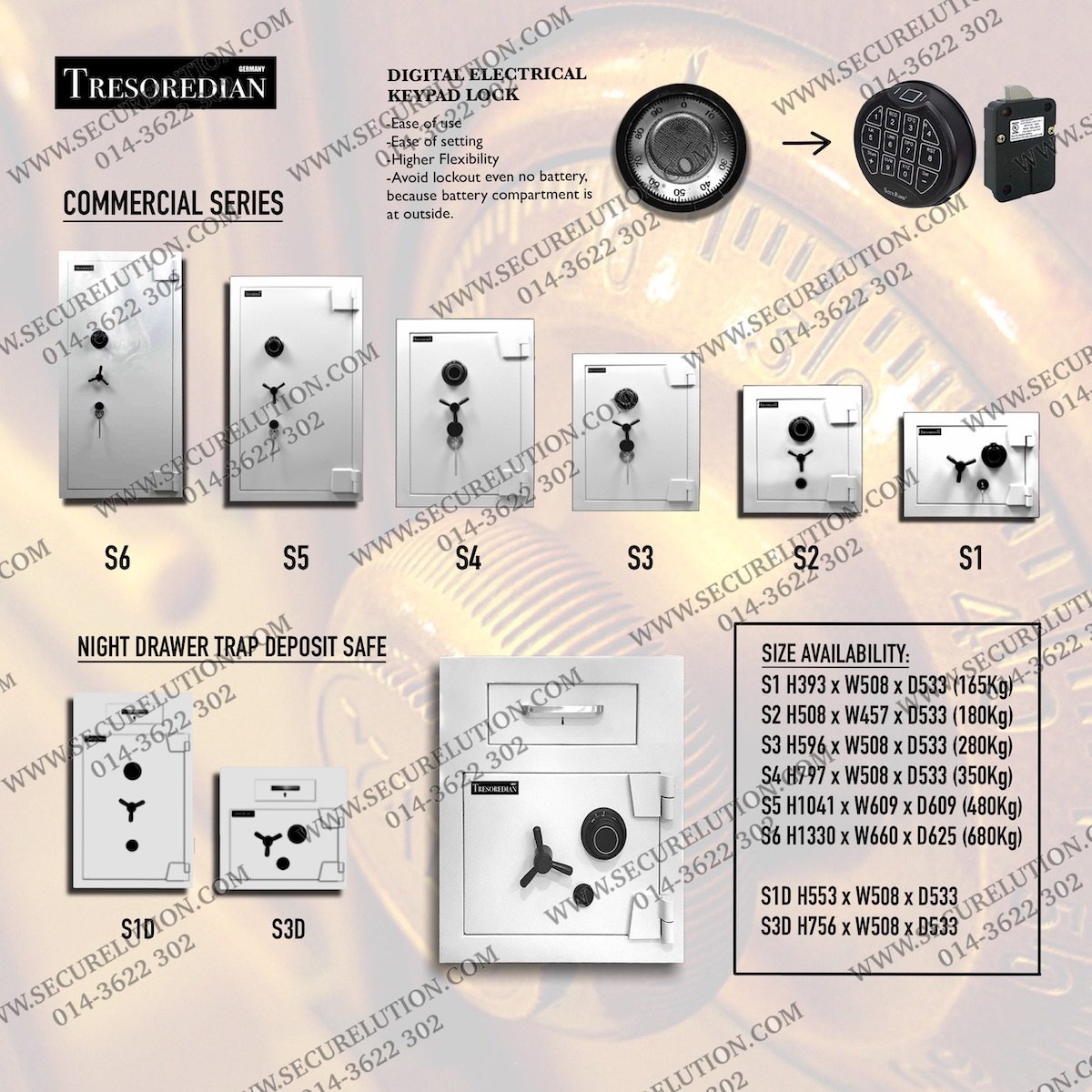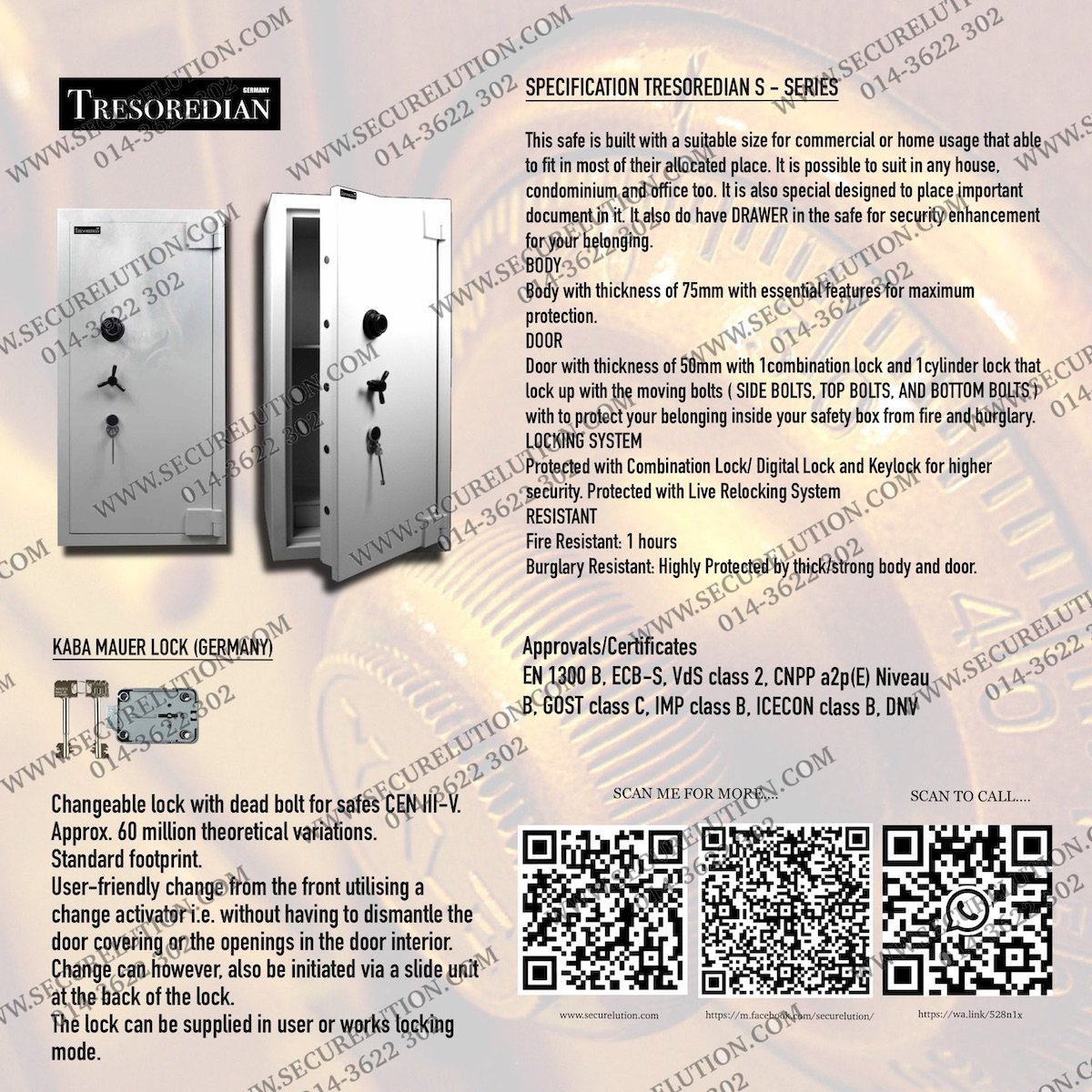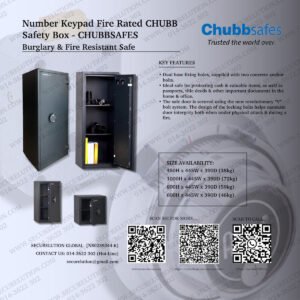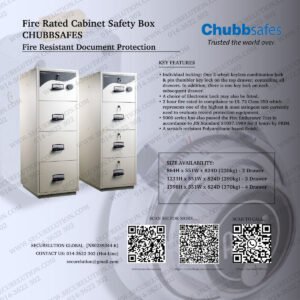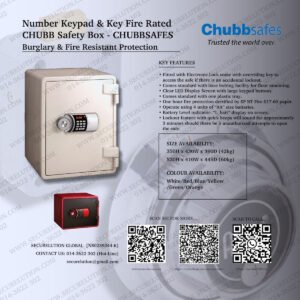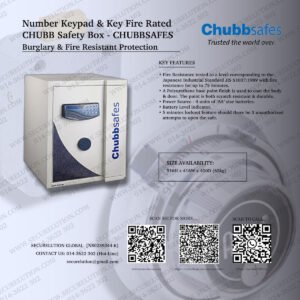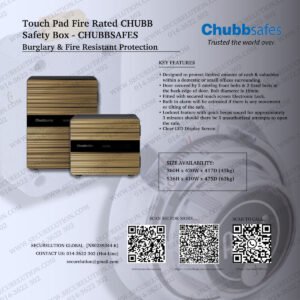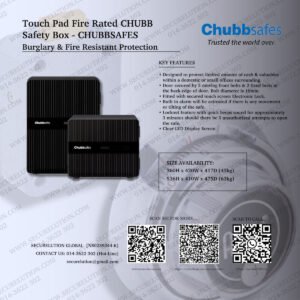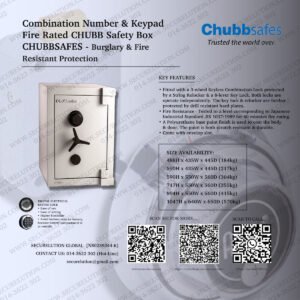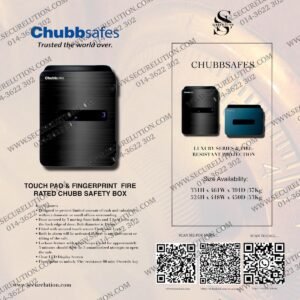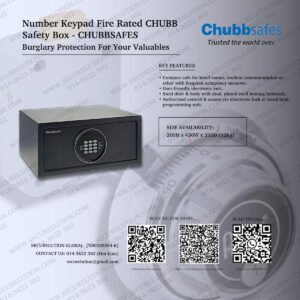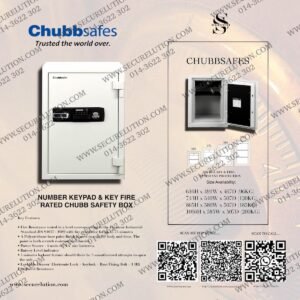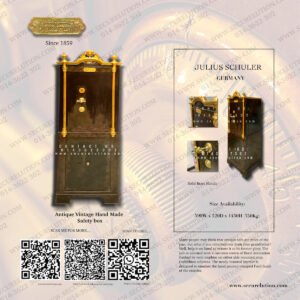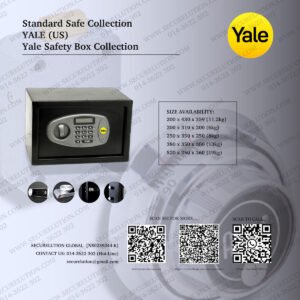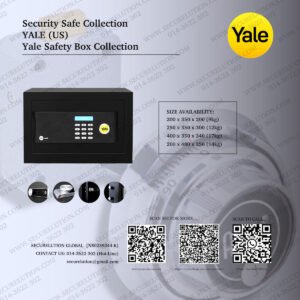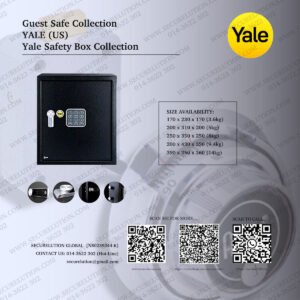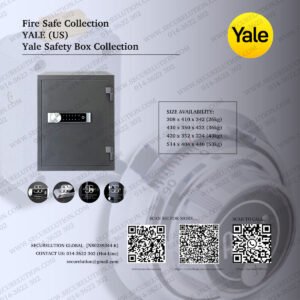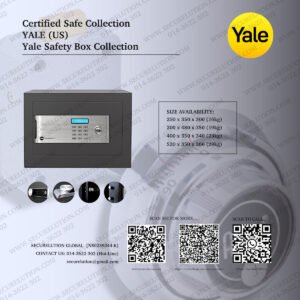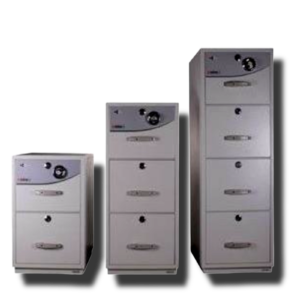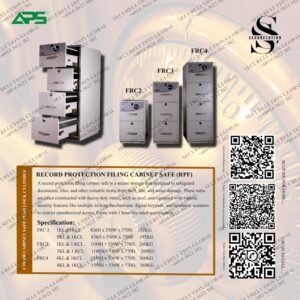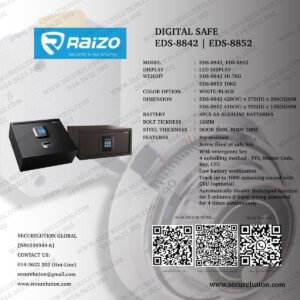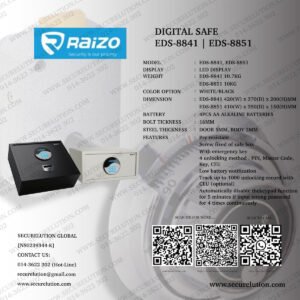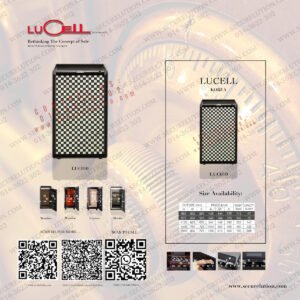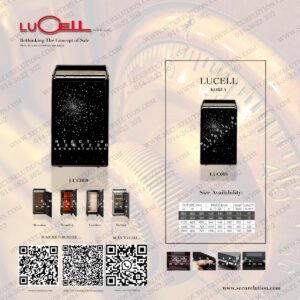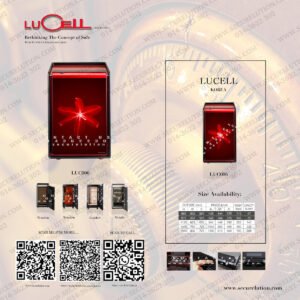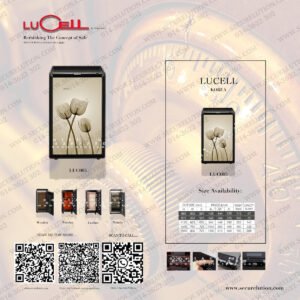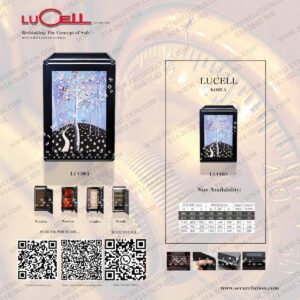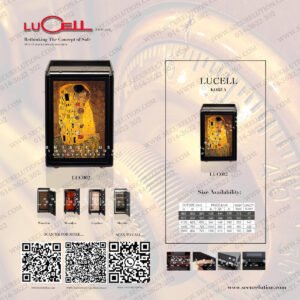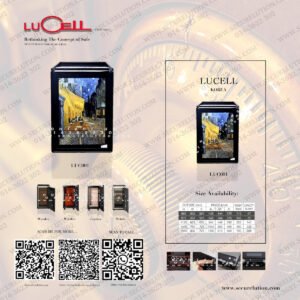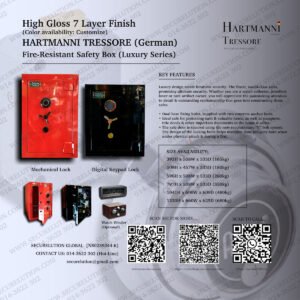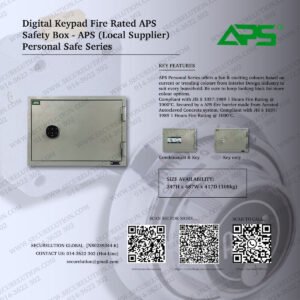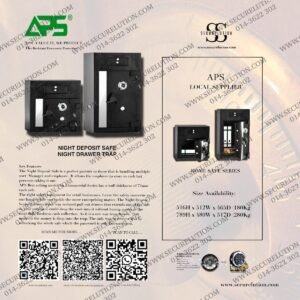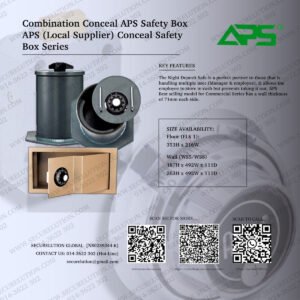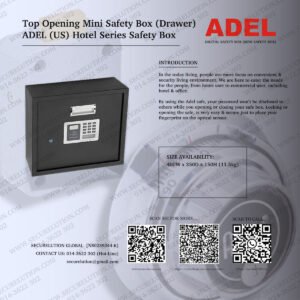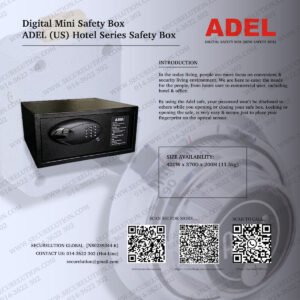Safebox Series
We’ve been looking after people’s homes and their favorite things for over the years. We understand that the truest form of security is the freedom to enjoy living life to the full, without worry.
Commercial Safes Vs. Home Safes
Commercial safes and home safes differ in several key aspects, including their intended use, size, security features, and capacity. Here's a breakdown of the main differences:
Intended Use:
Commercial safes are designed to meet the security needs of businesses, financial institutions, and commercial establishments. They are typically larger in size and are meant to secure a higher volume of cash, important documents, and valuable assets.
Home safes, on the other hand, are intended for residential use. They are generally smaller in size and are used to safeguard personal documents, jewelry, small amounts of cash, and other valuables within a household setting.
Size and Capacity:
Commercial safes are usually larger and more spacious to accommodate the storage of a greater volume of items. They are designed to store larger amounts of cash, multiple sets of keys, and important business documents, among other things.
Home safes are more compact and are meant to be easily concealed within a residence. They have a smaller capacity and are typically used to secure smaller, personal items such as passports, birth certificates, jewelry, and a limited amount of cash.
Security Features:
Commercial safes are often equipped with advanced security features such as biometric locks, time-delay mechanisms, multiple locking bolts, and relocking devices to deter sophisticated attacks. They are built to withstand higher levels of attempted theft and unauthorized access.
Home safes may have simpler locking mechanisms, such as traditional key locks or electronic combination locks. While they offer security for residential needs, they may not have the same level of advanced security features found in commercial safes.
Fire and Water Resistance:
Both commercial and home safes can come with fire and water resistance features, but the specific level of protection may vary. Commercial safes intended for highly sensitive documents or data storage may offer longer fire and water resistance ratings compared to standard home safes.
Ultimately, the choice between a commercial safe and a home safe depends on the specific security needs and storage requirements of the user, whether that be a business or a household.
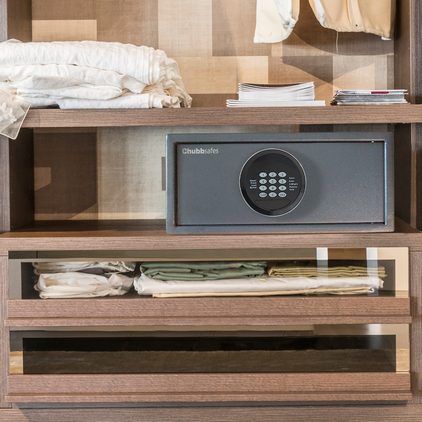
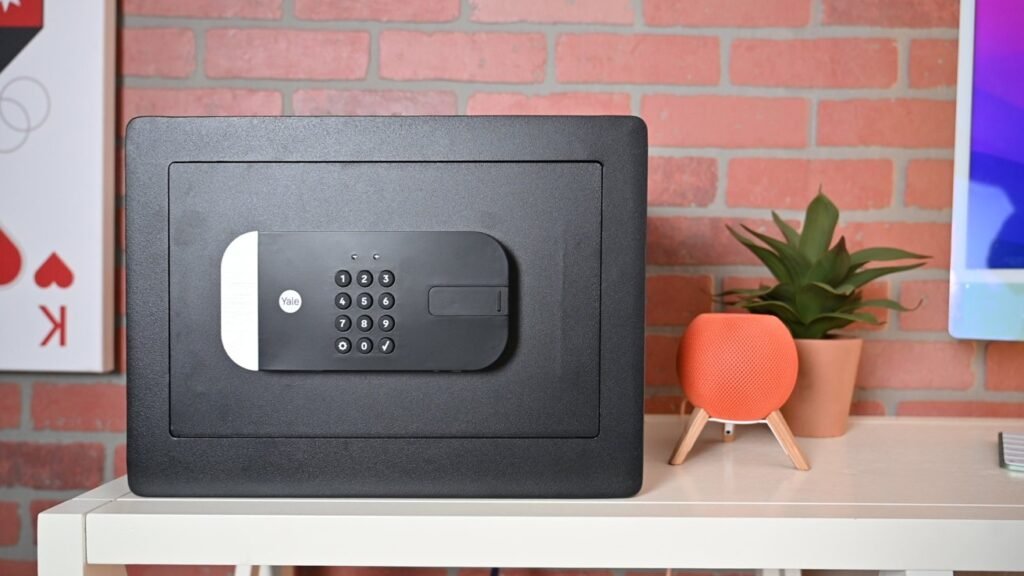

Tressoredian
Once upon a time in the heart of Germany, there stood a small, family-owned workshop where skilled artisans meticulously crafted the most secure and elegant safety boxes in all the land. Every safety box was a masterpiece, built with precision engineering and the finest German craftsmanship.
The workshop, known as Tressoredian had been passed down through generations, and its reputation for producing the most reliable and impregnable safes had spread far and wide. Tressoredian had a vision to create safes that were not only sturdy and secure but also exquisite works of art.
Each safety box told a story of meticulous attention to detail and unwavering dedication to security. The materials used were of the highest quality, sourced from the region’s finest metalworkers and craftsmen. The locks, designed with a combination of traditional techniques and modern innovation, were considered to be the most advanced in the world.
As word of the workshop’s exceptional safes spread, its clientele expanded beyond the borders of Germany. High-ranking officials, esteemed nobles, and distinguished businesses sought out Tressoredian to safeguard their most precious treasures, documents, and valuables.
The workshop’s legacy endured through tumultuous times, including wars and economic upheavals. Yet, through it all, the commitment to excellence never wavered. Tressoredian remained a symbol of German ingenuity and reliability, a testament to the enduring legacy of skilled craftsmanship and uncompromising security.
To this day, the safety boxes of Tressorediancontinue to stand as a shining example of German engineering and tradition, revered for their unmatched security and timeless elegance.
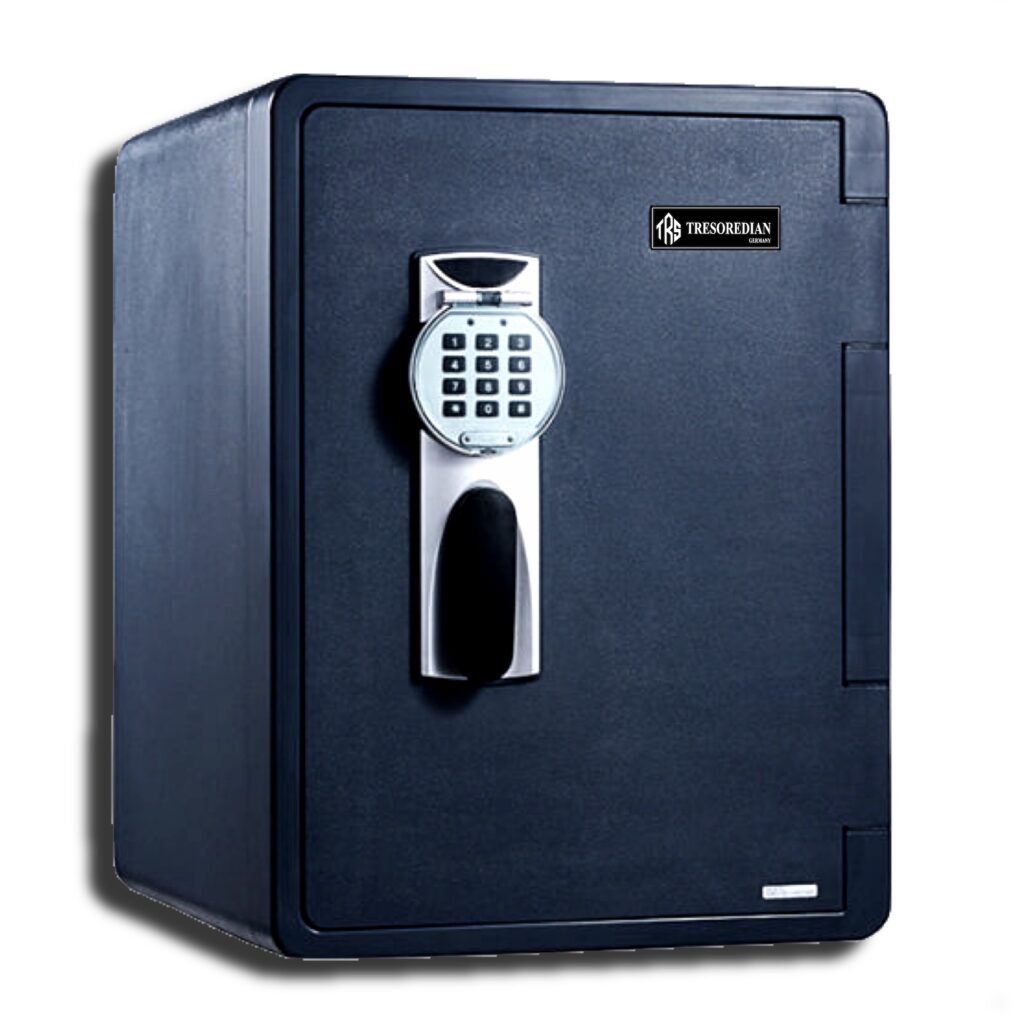
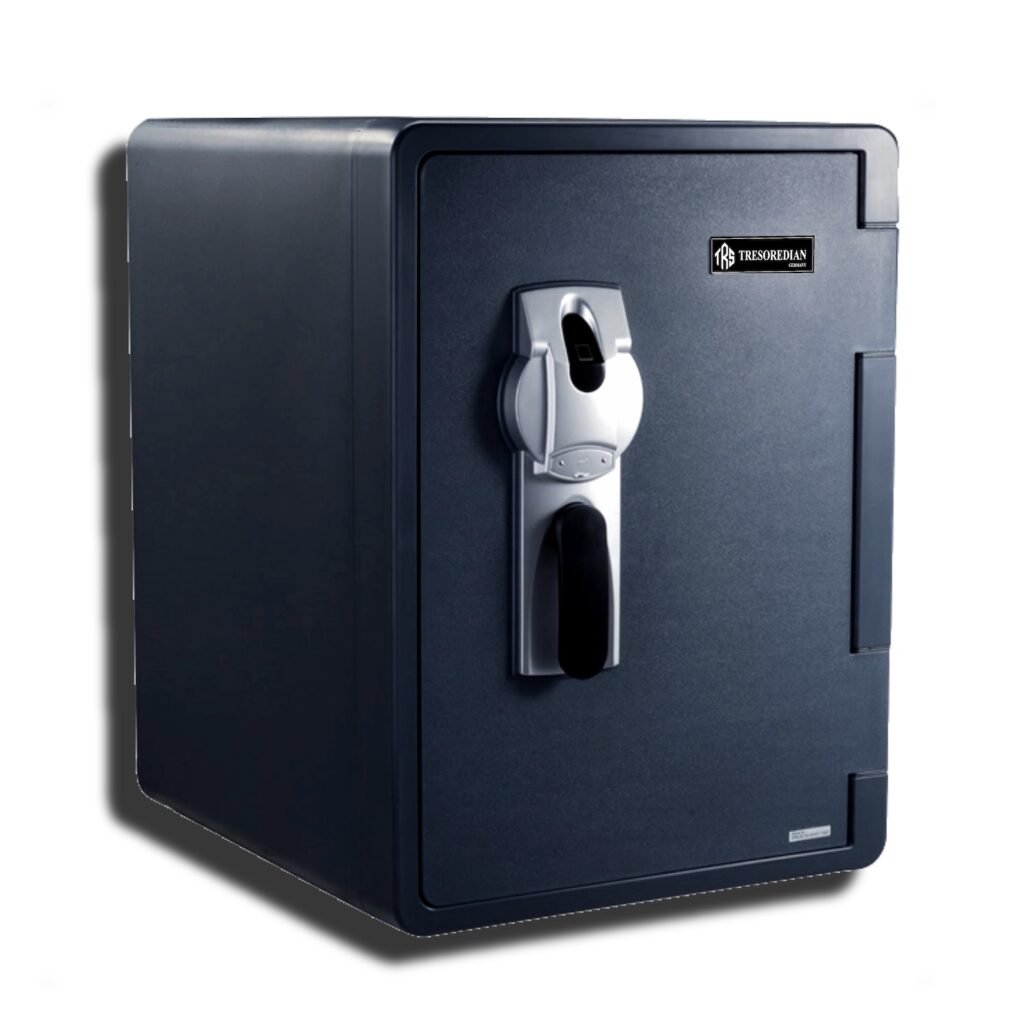
CHUBB SAFES
Chubb Safes has a rich history that dates back to the early 19th century. The company was founded by Charles and Jeremiah Chubb in 1818 in Portsmouth, England. They initially started by producing locks and were known for their patented “detector lock,” which was highly secure for its time. Over the years, Chubb expanded its product line to include various security solutions, including safes and vaults. The company gained a strong reputation for producing high-quality and secure safes, becoming a trusted name in the security industry.
Chubb Safes continued to evolve and innovate, adapting to the changing security needs of businesses and individuals. In 2000, Chubb was acquired by the United Technologies Corporation (UTC), which later merged with Carrier Corporation to form the current company, Carrier Global Corporation.
Today, Chubb Safes is a part of the Carrier family and continues to manufacture a wide range of safes and security solutions for residential, commercial, and institutional use, maintaining its legacy of quality and reliability in the security industry.
Julius Schuler
Julius Schuler antique luxury handmade safe made in Germany would likely embody a combination of time-honored craftsmanship, meticulous attention to detail, and the use of premium materials. German craftsmanship is esteemed for its precision and dedication to excellence, and these qualities would be reflected in such a safe.
Julius Schuler safe would likely feature ornate embellishments and intricate designs, showcasing the artistry and skill of the craftsmen who created it. Each component, from the locking mechanism to the exterior adornments, would be carefully handcrafted to ensure both functionality and aesthetic appeal.
Moreover, Julius Schuler safe would be constructed from high-quality materials such as solid steel and durable alloys, providing not only an elegant appearance but also formidable protection for its contents. The safe’s interior may be lined with luxurious fabrics or fine wood, adding a sophisticated touch to the overall design.
In terms of security, the Julius Schuler would incorporate advanced locking mechanisms, possibly including intricate locking systems and durable bolts, all hand-finished and polished to perfection. Given the historical significance of German engineering, the safe might also reflect innovative security features that were groundbreaking for their time.
Julius Schuler an antique luxury handmade safe made in Germany would be a testament to the refined craftsmanship and unwavering commitment to quality that are synonymous with German manufacturing traditions.
YALE
Yale is a renowned brand that has a long history of providing secure solutions. The story of Yale Safe dates back to the mid-19th century when Linus Yale Jr. invented the pin-tumbler cylinder lock. This innovative lock design became the foundation of modern pin-tumbler locks, which are still widely used today.
With years of expertise in security solutions, Yale expanded its product line to include safes and vaults to meet the growing demand for secure storage options. Over time, Yale’s safes became synonymous with quality, reliability, and cutting-edge security features.
Yale’s commitment to innovation and safety led to the development of a wide range of safes, catering to both residential and commercial needs. Whether it’s fire-resistant safes, electronic lock safes, or high-security vaults, Yale has continuously adapted to meet evolving security requirements.
The brand’s dedication to providing peace of mind and protection for valuables has earned it a trusted reputation worldwide. Today, Yale continues to be a leader in the security industry, offering advanced, technologically sophisticated safes that remain true to the legacy of security and craftsmanship established by Linus Yale Jr.
Other Safety Box
-
HARTAMANNITRESSORELUXURYSERIES
HARTMANNI TRESSORE Luxury Series
-
ADELFINGERPRINTHOTELSAFE
Fingerprint Print Mini Safety Box ADEL (US) Hotel Series Safety Box
